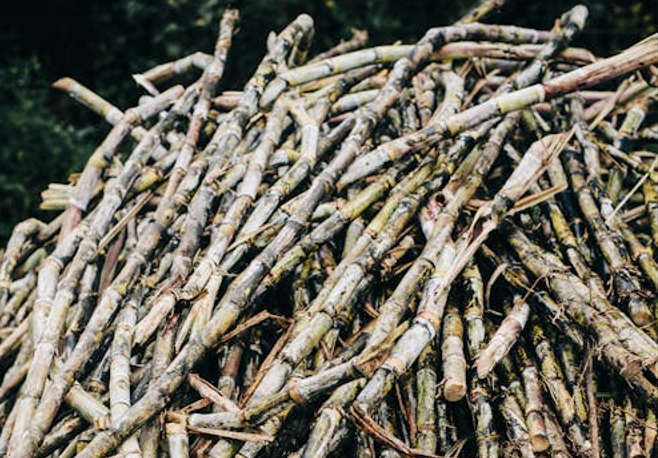Vets ask Kenyans to allow livestock to be vaccinated amid calls to reject proposal

Livestock industry stakeholders have given the controversial plan by the government to vaccinate 72 million livestock across the country a clean bill of health.
Led by Allan Azegele, director of veterinary services, they assured the drive which aims to combat livestock diseases that hinder Kenya’s ability to produce high-quality and safe livestock products will protect animal health and safeguard the food supply.
Addressing veterinarians during the Kenya Veterinary Association end-of-year awards ceremony, Azegele reiterated that the move slated to kick off from January will help combat transboundary diseases such as foot-and-mouth disease.
The exercise, he said, will span all counties in a fresh bid to protect the dairy sector and ensure its sustainability.
As global demand for animal products such as meat, leather, and milk continue to rise, the government believes that the health and well-being of livestock is paramount. Kenya exports animal products globally especially in Europe and other Western markets.
“To achieve vaccination of such a magnitude requires a concerted effort by all of us. It will require all veterinary professionals to work together to drive the process with an ultimate goal to have freedom from diseases that hinder production,” noted Azegele.
He stated that livestock plays a critical role in the Kenyan economy and livelihoods of millions of people worldwide, providing food, income, and employment.
While describing reports against the drive as malicious and unfounded, Azegele disclosed that the vaccine supply will be done transparently from the Kenya Veterinary Vaccines Production Institute (KEVEVAPI).
His sentiments were echoed by Jim Tozer, managing director at Kenchic who noted that the initiative is significant in bettering the livelihoods of thousands of farmers across the country and for sustainability of livestock production.
“I am in support of the vaccination drive as it will make a great difference to the livelihoods and sustainability of the livestock sector. It will directly impact the economic development of the country,” noted Tozer. Joan Magero, chairperson of Kenya Veterinary Board called on Kenyans not to get alarmed by anything, saying that veterinarians in the country are on top of things to ensure that the supplied vaccine is up to standards.
Foreign interests
She dispelled reports that the government is, through the drive, advancing foreign interests by allegedly allowing international research institutions to test vaccines on Kenyan livestock.
Kelvin Osore, National Chairman of, Kenya Veterinary Association noted that while the vaccination initiative is a noble idea that will help Kenya begin exporting animal products, the drive should be done as per the law and in a credible manner.
A section of Kenyans has been expressing fears that the administration of the vaccines might alter the genetic makeup of livestock, potentially resulting in defective animals.












